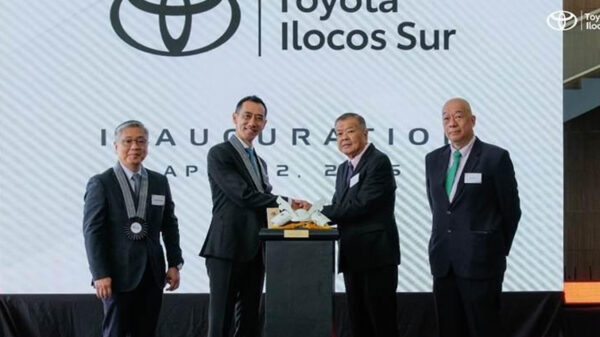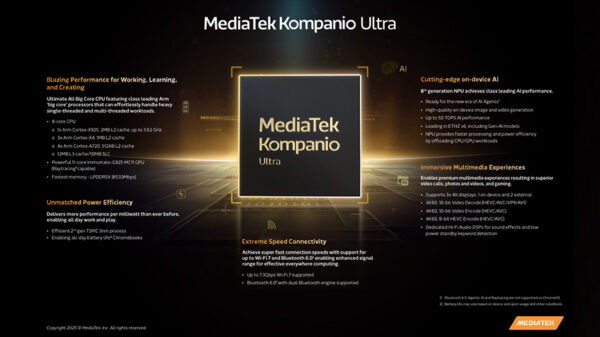Microsoft continues to lead in cybersecurity innovation with enhancements to its solutions. Central to this is Microsoft Security Copilot, an AI-powered assistant that boosts security operations.
In the Philippines, the introduction of Microsoft Security Copilot has significantly improved threat detection and response in the banking and healthcare sectors. Peter Maquera, CEO of Microsoft Philippines, stated, “The implementation of Microsoft Security Copilot in our local industries has been transformative. It not only enhances our cybersecurity infrastructure but also empowers our businesses to operate with greater confidence and resilience.”
Aligning with the Secure Future Initiative
In November 2023, Microsoft launched the Secure Future Initiative (SFI), dedicating 34,000 engineers to advance cybersecurity. This initiative enhances six key security pillars: identity protection, tenant isolation, network security, engineering systems, threat detection, and response capabilities. This includes the deployment of Azure Managed Hardware Security Module (HSM) and phishing-resistant credentials.
Aligned with the Philippines’ National Cybersecurity Plan 2022, SFI supports local businesses and government agencies through advanced security solutions and upskilling opportunities via the Security Skilling Academy. This ensures the security of the Philippines’ digital economy against emerging threats, fostering a secure digital landscape.
Enhancing Security Operations with Microsoft Security Copilot
Since its general availability in April 2024, Microsoft Security Copilot has become an indispensable tool for security and IT teams. It leverages global threat intelligence, industry best practices, and organizational data to provide actionable insights, helping teams catch what others miss, respond faster, and strengthen their expertise. Customers like Eastman have reported significant benefits, including cost savings, improved threat detection, and upskilling of junior staff.
New research from Microsoft shows a 30% reduction in security incident mean time to resolution (MTTR) three months post-adoption of Security Copilot. This translates to substantial time and cost savings, highlighting the tool’s potential to revolutionize security operations.
Introducing Copilot Actions and New Agents
At Microsoft Ignite 2024, Microsoft announced the launch of Copilot Actions in Microsoft 365 Copilot, designed to automate everyday repetitive tasks. These new agents unlock SharePoint knowledge, provide real-time language interpretation in Microsoft Teams meetings, and automate employee self-service, empowering IT teams to manage Copilot and agents securely.
Adapted AI Models for Industry-Specific Needs
Microsoft is also introducing adapted AI models tailored to specific industry needs. These models, developed in collaboration with industry partners like Bayer and Siemens, are pre-trained using industry-specific data and available through the Azure AI model catalog. They enable organizations to address their unique challenges more accurately and effectively, driving business outcomes such as increased accuracy, enhanced efficiency, and improved customer experiences.
Unlocking Autonomous Agent Capabilities with Microsoft Copilot Studio
Microsoft Copilot Studio is enhancing its platform with new capabilities that enable the creation of autonomous agents. These agents understand the nature of work and act on behalf of users, providing support across business roles, teams, and functions. Organizations like Pets at Home and McKinsey & Company are already seeing significant impacts from these innovations, including increased efficiency and substantial cost savings.
The Future of AI Agents
AI agents are set to revolutionize the way we work by automating complex processes and enhancing productivity. Microsoft’s extensive research and development in this area have led to the creation of a multi-agent library, enabling developers to build and deploy high-quality, extensible, and reliable AI agents. These agents are designed to handle tasks independently, allowing human users to focus on strategic initiatives.











































































































